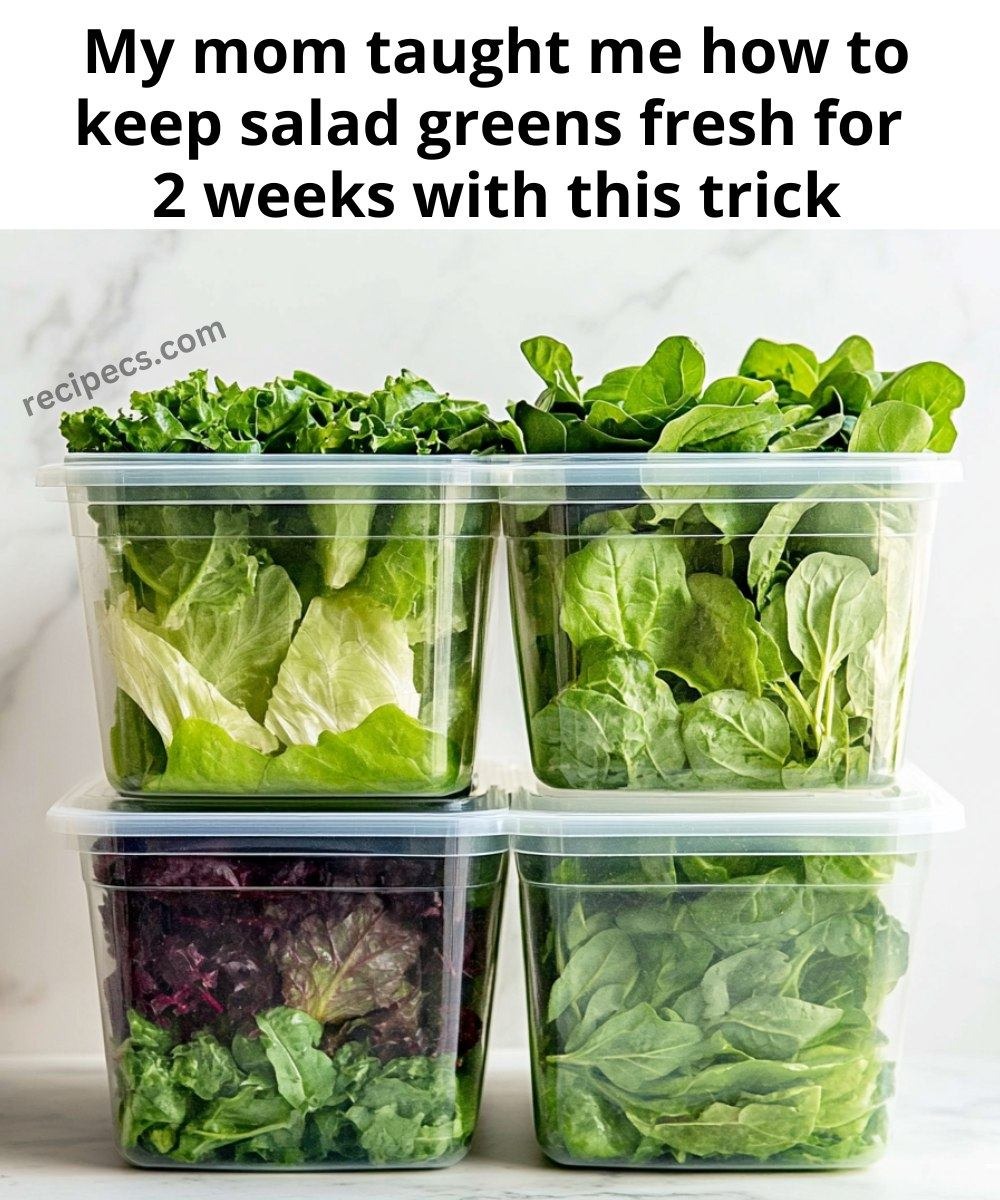ADVERTISEMENT
4. Use Airtight Containers
For best results, store your prepped salad ingredients in airtight containers. These containers help prevent air from getting in, which slows down the oxidation process that can cause your salad to wilt or lose its freshness.
- Glass Containers: Glass containers are ideal because they are non-reactive and keep the contents fresh without affecting the flavor.
- Plastic Containers: If using plastic, make sure the container is BPA-free and has a secure lid to avoid leaks.
5. Add a Paper Towel to the Storage Container
To absorb any excess moisture, place a paper towel at the top of your container or inside your salad bag. The towel will help draw out moisture, keeping your greens dry and extending the freshness of your salad.
6. Vacuum Seal for Extended Freshness
If you have a vacuum sealer, this can be a game-changer for keeping your salads fresh longer. Vacuum sealing removes air from the storage bag, which slows down spoilage and helps preserve the crispness of your salad ingredients.
7. Store in the Fridge (Properly)
Temperature control is key to keeping your salads fresh. Always store your salad ingredients in the fridge. The cold temperature will slow down the natural process of decay and help the salad last longer.
- Chilled, Not Frozen: While refrigeration is important, don’t freeze your salad ingredients unless you’re using ingredients like corn or peas. Freezing will ruin the texture and quality of the vegetables and greens.
8. Use Acidic Ingredients (In Moderation)
Certain acidic ingredients, like vinegar or citrus juice, can help preserve the freshness of your salad by slowing the growth of bacteria and fungi. Adding these to your dressing or salad mix can act as a natural preservative.
- Citrus Juice: A squeeze of lemon or lime on top of your salad can help maintain its freshness.
- Vinegar: A small amount of vinegar in your salad dressing can also help prevent wilting and extend shelf life.
9. Consider Using Pickled Ingredients
Using pickled vegetables, such as cucumbers, onions, or beets, can also help extend the shelf life of your salads. Pickled ingredients add flavor, color, and texture while also having natural preservative qualities that keep them fresh for longer.
10. Don’t Add Avocado or Other Delicate Ingredients Until Serving
While avocados are delicious and nutritious, they tend to brown quickly and can make your salad look unappetizing. If you plan to make your salad ahead of time, wait to add avocado until just before serving.
- Other Ingredients to Add Later: Likewise, delicate ingredients like croutons, nuts, or seeds should also be added just before serving to prevent them from getting soggy.
Conclusion
By following these simple and effective tips, you can extend the shelf life of your salads and enjoy fresh, crisp meals throughout the week. Whether you’re meal prepping for the week ahead or want to keep your salad fresh for a special occasion, these techniques will ensure your salad stays delicious and vibrant.
Remember, freshness is key, so store ingredients separately, use airtight containers, and avoid adding the dressing until just before serving. With these steps, you can enjoy fresh salads for several days without the worry of wilting or sogginess. Happy salad-making!
ADVERTISEMENT
ADVERTISEMENT
